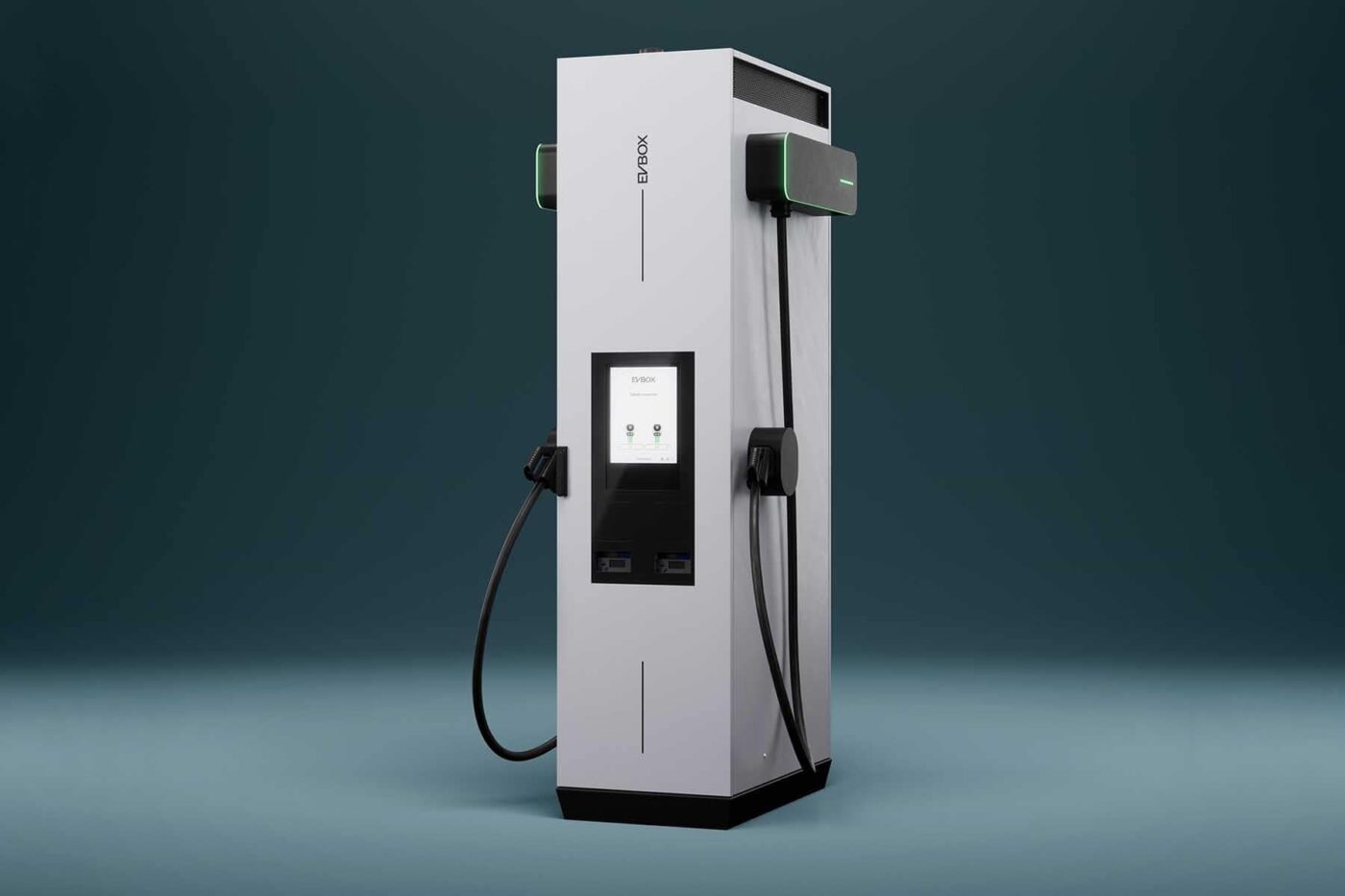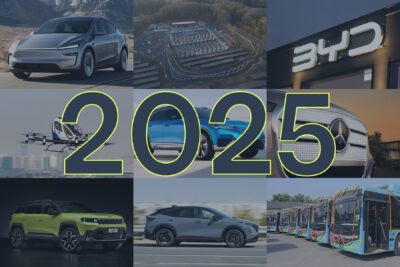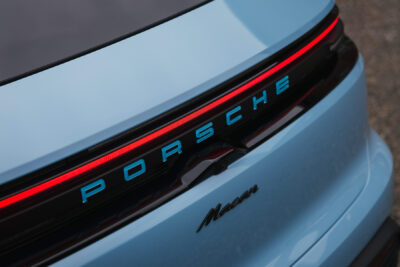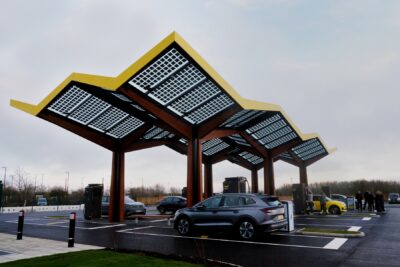EVBox facing the end – operations virtually shut down
The French energy group Engie, which acquired EVBox in 2017, confirmed this to Dutch media. In addition to the Netherlands, the closure of EVBox also affects branches and employees in Germany and the USA. Only 30 of the approximately 700 jobs are to be retained. The Dutch newspaper Het Financieele Dagblad had initially reported on this.
Engie had already been looking for a buyer for EVBox for several months and, according to the company, two bids were received. However, none of them convinced Engie, as the closure shows. Only the factory in Bordeaux was sold. EVBox took over the production facility itself in 2018 and modernised it thoroughly. Fast charging stations have been manufactured there since 2019. However, the buyer of the plant is not named in the article – it is therefore unclear whether charging stations will continue to be produced there in the future.
It is also unclear how maintenance and operation of the EVBox charging products already installed will be guaranteed. Since its foundation in 2010, the company has supplied 500,000 charging points worldwide. EVBox’s charging points were in demand right up to the end: the lorry charging corridor between Paris and Lyon, which opened just last week, uses a 480 kW EVBox charging point, among others.
The consolidation of the DC charging market continues as EVBox largely ceases operations. In July, the Austrian DC charging station manufacturer EnerCharge had to file for insolvency and the business has since been taken over by Keba. The Brandenburg-based charging start-up ME Energy, which specialised in off-grid fast charging stations, has also been insolvent since September.
However, it is clear that the charging infrastructure sector is coming under increasing pressure because the market ramp-up in some countries is not taking place at the expected pace or funding programmes have been cancelled. As companies are nevertheless forced to invest for the expected growth, but do not know exactly when this growth will be reflected in their own balance sheets, this can lead to a tense economic situation in some cases. In some cases, there are also reports of overcapacity and stock levels. In addition, new regulations such as the AFIR require further investment in hardware and software, which places a greater burden on smaller providers in particular.
In the case of EVBox, politics may also have played a certain role: Dutch media reports allege that Engie did not treat the French and Dutch sites equally. The French state is a major shareholder in the energy company. Engie is said to have prioritised “national interests” too much in the search for a solution for EVBox. The fact that only the plant in Bordeaux will remain under new ownership and sites in the Netherlands, Germany and the USA will be closed could support this theory – even if no precise assessment is possible at present.
goudsdagblad.nl (in Dutch), fd.nl (Paywall)





1 Comment